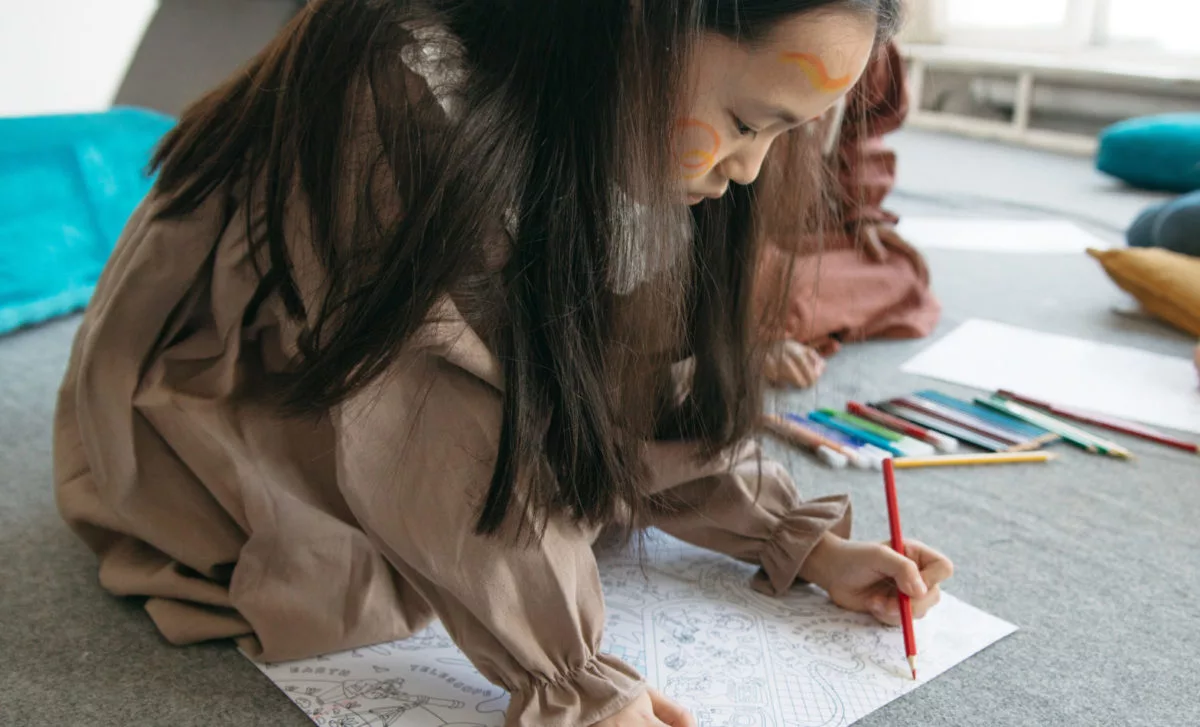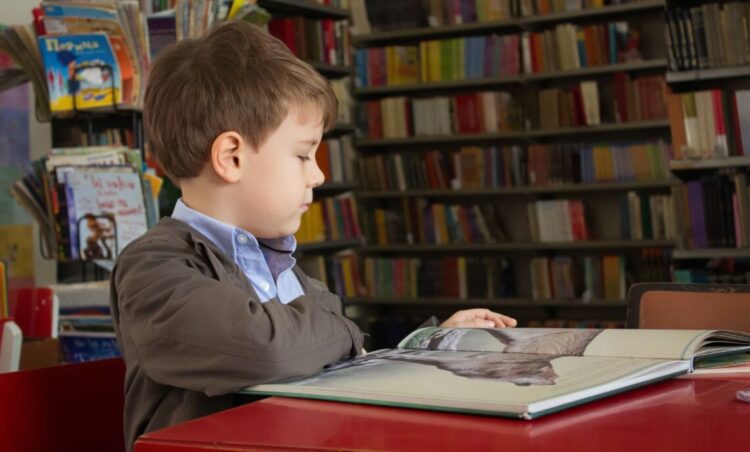Tackling Unhealthy Thinking Habits in Young Children – Perfectionism


Written for Only About Children by Dr Kaylene Henderson, Child Psychiatrist and Parenting Expert. In her recent virtual workshop for the Grow With Us Parenting Series, Kaylene explored the topic of tackling perfectionism in our little ones.
Perhaps you have a young child who refuses to draw a picture because his drawings don’t look exactly like those of an adult artist. Or a child who has become so distressed after missing a kick at her soccer game, that she now wants to give up the sport altogether.
While it’s great for our children to hold high expectations of themselves, aiming for perfection actually sets them up to fail. Their habitual ‘all or nothing’ thinking results in the unhelpful belief that if they don’t achieve 100%, they’ve as good as failed. Their fear of failure leads to a preference for activities that come easily to them, preventing them from experiencing new opportunities. Even then, their focus on their mistakes rather on their successes affects their self-esteem, fueling a vicious cycle that can lead to stress, depression and anxiety down the track if left unchecked.
What are perfectionist traits in children?
Perfectionist traits include:
- A fear of failure
- Highly sensitive to criticism
- Having unrealistic standards
- Low self-esteem and self-critical
- Procrastinates or does not complete work in case it doesn’t meet their standards
- Focus on results
- Being pushed by fear
The sooner we can help our children break this unhealthy habit, the better. Here are my top tips to consider:
How to treat perfectionism in children
Be mindful of how you use praise
There are two ways in which we tend to praise children. ‘Content praise’ tends to draw attention to the end product, for example, “What a fantastic painting!”, or to a fixed quality in a child, such as “You’re so smart”. In contrast, ‘process praise’ focuses on how your child got there. When we use process praise, we draw attention to their good ideas, problem solving approaches, effort, persistence, enthusiasm and concentration. While it’s helpful for all children to experience more process praise than content praise, this is particularly true for children with perfectionistic traits. This allows us to draw the focus away from how impressive the end result might (or should) be and instead highlight the importance of having a go, trying their best and learning along the way.
For example, rather than saying, ‘What a fantastic painting! You’re an amazing artist – what were you worried about?’, it’s more helpful to say something like, ‘It’s great to see you having a go at painting. I love watching you try new things’; or,
‘I love seeing the ideas you come up with when you paint’.
Of course, most of the time we needn’t praise children at all. Simply commenting, ‘Painting is fun isn’t it?’ is often enough to provide our young children with that all important sense of connection.
Model making mistakes
At my children’s school, they’re taught to embrace ‘flearning’ – learning through failure. I’ll admit, my children witness me ‘flearning’ all the time (like, ALL the time), but perhaps in the eyes of your child, you’re seen as perfect. It’s helpful for your little ones to see that you make mistakes too, and importantly to learn through your modelling how mistakes can be managed.
Look for (or create!) opportunities to do this. When you’re supposed to be bringing some plates over to the dining table, you could bring extra cups over instead and say, ‘Oops, my mistake. Not to worry. I’ll just go back and swap these over.’ Or, perhaps you could draw alongside your toddler and deliberately keep from drawing inside the lines, commenting to your little one as you go, ‘I love drawing with you’. By doing so, you model for your child that mistakes are okay, that they needn’t hamper your enjoyment of an activity and importantly, that the end result isn’t all that matters.
Consider how you react when your child behaves in an ‘imperfect’ way
Do you respond calmly when your young child accidentally spills juice all over the kitchen bench or do you tend to overreact? It’s important when we’re teaching our little ones that they needn’t be perfect, that our responses back this up.
By accepting our children as they are – wonderful young ‘flearners’ – we teach them to do the same. And honestly, that’s so much better than perfect.
Dr Kaylene Henderson is a highly trained, Infant, Child and Adolescent Psychiatrist, one of Australia’s leading parenting experts and a grateful mother of three. She is also a trusted professional development provider for the early childhood education sector and a sought after media contributor and conference speaker.
In her warm and relatable style, Kaylene shares practical, research based advice with parents and professionals alike in the hope that together, we can bring out the best in the children for whom we all care.
For more great reading:
Only About Children can help your child to grow, make friends and explore the world.
Only About Children can help your child to grow, make friends and explore the world.
Related Reads


Advice For Selecting The Best Primary School For Your Child
Starting school for the first time is a huge moment in the life of your child, but also for you and your family! Finding the school that is the right fit for your family can be the first hurdle in this process. Here are some helpful tips to ensure that you choose the school that is the right one for you and your child:

The 5 Biggest Changes Starting “Big School”
The change from a prior to school setting to a primary school setting can be daunting and take some getting used to in the early weeks and months of your child starting. Here are some of the 5 biggest changes to expect when moving to primary school
